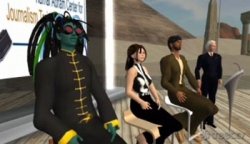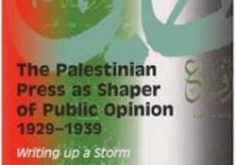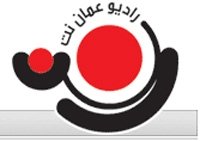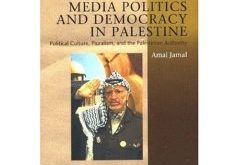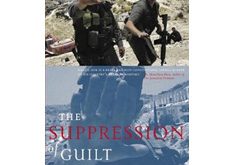American television news has largely abandoned the Middle East. Can international outlets like Al Jazeera English pick up the slack? Publisher and Co-Editor Lawrence Pintak on coverage of the Gaza conflict.
Read More »Palestine/Israel
Social media and the Gaza conflict
More than ever before, governments and pressure groups sought to use social media like Facebook and YouTube to rally support during the Gaza conflict. Why did so many of these attempts fizzle? Managing Editor Will Ward investigates.
Read More »Palestinian anti-narratives in the films of Elia Suleiman
Refqa Abu-Remaileh on how one filmmaker uses innovative storylines and production techniques to break with more politically overt narratives of the Israeli-Palestinian conflict. (features video)
Read More »The BBC’s Sebastian Usher discusses the Alan Johnston kidnapping
October, 2007. In a segment by George Weyman, the BBC’s World’s media correspondent Sebastian Usher discusses the Alan Johnston kidnapping in Gaza and the dynamics of journalist kidnappings in the world today.
Read More »BOOK REVIEW | The Palestinian Press as Shaper of Public Opinion, 1929-1939: Writing Up a Storm
Mustafa Kabha’s work falls well short of its considerable promise to chart the influence of Arabic news media on the evolution of the Palestinian National Movement in the tumultuous years that culminated in the Revolt of 1936-39, argues Aaron Jakes in his review of The Palestinian Press as Shaper of Public Opinion, 1929-1939: Writing Up a Storm.
Read More »“Huge need for independent media” in Middle East: AmmanNet founder Daoud Kuttab
There are few media professionals in the Middle East who juggle as many commitments as Daoud Kuttab. Director of the Institute of Modern Media at Al Quds University, he is also a regular columnist for the Jordan Times and Jerusalem Post. But perhaps his greatest achievement is as founder and chief of the Arab World’s first online community radio station AmmanNet. So what has online radio achieved in Jordan? And where can it go from here? Co-Editor and Publisher of Arab Media & Society finds out.
Read More »BOOK REVIEW | Media Politics and Democracy in Palestine: Political Culture, Pluralism, and the Palestinian Authority
This book is a useful resource for understanding the post-Oslo dynamics of the Palestinian Authority and the public sphere in general, but it fails to offer conclusive insights, says Julie Norman.
Read More »BOOK REVIEW | The Suppression of Guilt: The Israeli Media & the Reoccupation of the West Bank
Even if Dor’s book is only a case study, it nevertheless contributes to the general debate about how media can contribute to democracy and political freedom, says Jan Voelkel.
Read More »Urban Renewal in the Global Village: How Palestine became a Marker of Muslim Identity
The following article is adapted from Pintak's new book, Reflections in a Bloodshot Lens: America, Islam & the War of Ideas, published in January 2006 by Pluto Books UK and the University of Michigan Press. Abstract A radical restructuring of the global media landscape and the emergence of information ghettos, in …
Read More »Arabsats Get the MEMRI Treatment
"Dear Dr Bautista," the email began. "You may be interested in the Middle Eastern media ... I would therefore like to take this opportunity to introduce the Middle East Media Research Institute ... MEMRI has just launched a TV project, which monitors approximately 18-20 Arab TV stations, translates them in …
Read More » Arab Media & Society The Arab Media Hub
Arab Media & Society The Arab Media Hub

